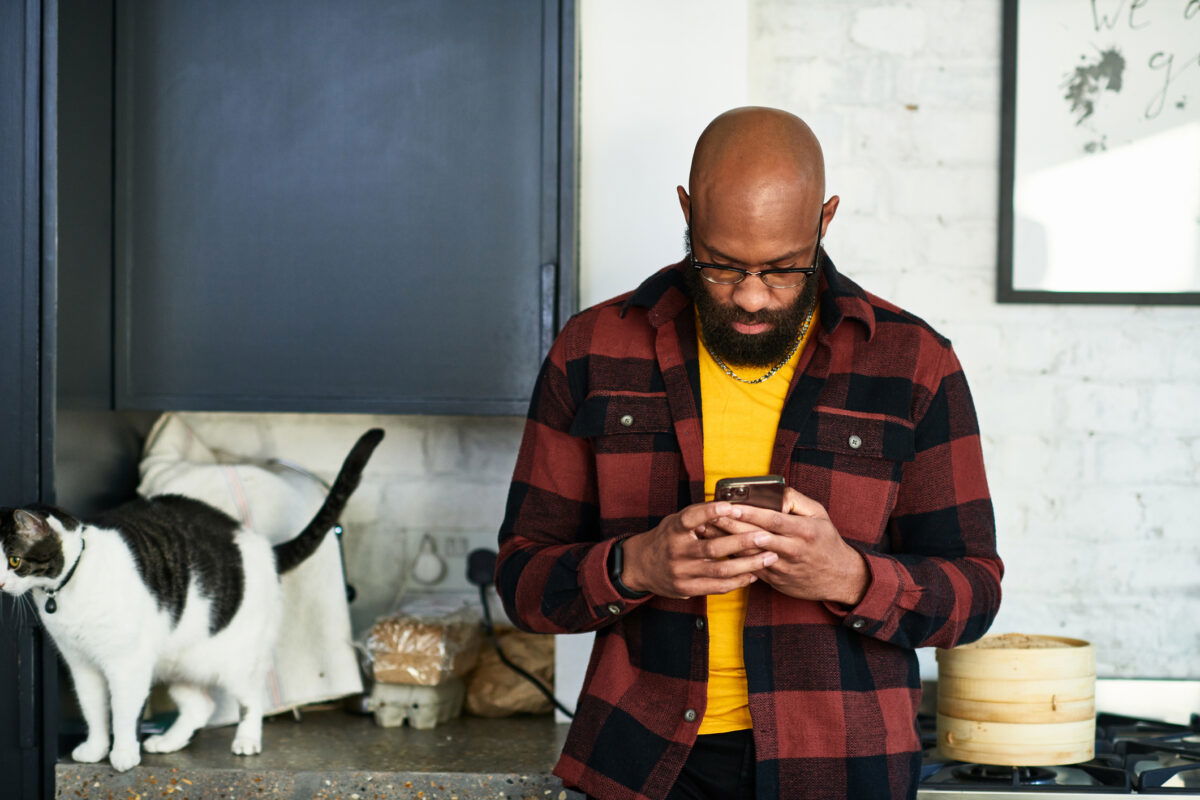Black Twitter is searching for a home in the wake of Elon Musk’s purchase of the platform and subsequent rebrand into X. In an article for The Washington Post, Elizabeth Dwoskin posited that since Musk has been intentional about restoring the accounts of extremists, Black users have been exiting the platform.
Black Twitter has created a community, a digital home of sorts, on the app but those who have been a part of that community for years say that it no longer feels the same.
Touré, a writer and cultural critic, told The Post, “There was a time I felt Twitter was, like, too important,” Touré said. “With Elon, there were purposeful, dumb changes that felt like, ‘you’re literally shoving me out the door.’”
Black Twitter was instrumental in making sure that the world did not forget about the stories and lives of Trayvon Martin, Mike Brown, and George Floyd. Those three names are now synonymous with the Black Lives Matter movement.
Wesley Lowery, a journalist who covered the Ferguson uprising for The Post, explained to the paper how the hashtags spawned by Black Twitter drew media coverage: “The entire history of the mainstream media was that the editor made decisions about what to cover or what people were talking about based on what was said in his book club or at a dinner party. Suddenly, you had all these Black perspectives that were perceived as ‘That’s what everybody’s talking about.’”
Under its former owner, Jack Dorsey, Twitter made incremental efforts to protect its Black users, but Musk has largely dismantled those protections. When Musk bought the company, he found some shirts with the hashtag #StayWoke on them at its San Francisco headquarters. Musk mocked the shirts openly on the platform he had just purchased from Dorsey. This climate has transformed Twitter from a place that can help enact social change into something much less impactful, according to Meredith Clark, an associate journalism professor at Northwestern University. Clark told The Post, “Today, it would be impossible for Twitter to be the locus of attention for a similar racial justice movement as we saw in 2020.”
Clark explained, “What Elon’s purchase of Twitter has successfully done is create a hostile environment for [Black] folks who were meeting in good faith, to connect and find community.”
As a result of these changes, Black Twitter users have been searching on other platforms for the same kind of digital community they once enjoyed on Twitter. So far, there have been no real successes to find a replacement. Apps have certainly popped up, among the most recent entry is Spill, which was founded by two Black ex-Twitter executives. What has hampered some other apps, like Bluesky, is both an exclusive invite-only system and a failure to adequately address racism on its platform. Fanbase and Somewhere Good are Black-owned alternatives, but with different focuses and mediums of connection than Twitter. This has created a situation where, upon leaving Twitter, former Black Twitter members have become digital nomads.
Andre Brock, a media studies professor at the Georgia Institute of Technology, describes Black Twitter as a “digital diaspora” looking for a new home, but thus far unable to find a place to set down roots.
RELATED CONTENT: What’s Next For Black Twitter As Elon Musk Rebrands To ‘X’?
